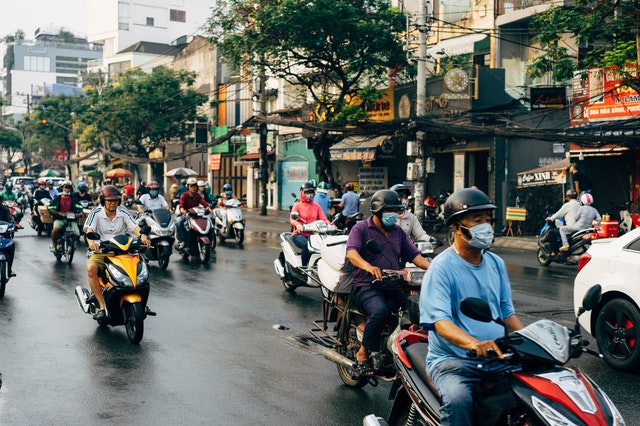 The Policy Brief reflects UN’s strong commitment to helping Southeast Asia achieve the SDGs and a peaceful future for all
The Policy Brief reflects UN’s strong commitment to helping Southeast Asia achieve the SDGs and a peaceful future for all
To ensure that Southeast Asia can recover from the health, economic and political impact of COVID-19, the United Nations (UN) has launched a policy brief that examines the aforementioned impacts on the subregion and recommendations that place gender equality at the centre of response efforts.
Policy Brief: The Impact of COVID-19 on South-East Asia (https://unsdg.un.org/resources/policy-brief-impact-covid-19-south-east-asia), which was released on 30 July 2020, also aims to guide countries in the subregion towards achieving the Sustainable Development Goals (SDGs) by 2030.
According to the Policy Brief, while Southeast Asia, which comprises Brunei, Cambodia, Laos, Indonesia, Malaysia, Myanmar, the Philippines, Singapore, Thailand, Timor Leste and Vietnam, has been experiencing strong economic growth, it continues to face various socio-economic and environmental challenges.
These include high inequality, low social protection, a large informal sector, and a regression in peace, justice and robust institutions, as well as ecosystem damage, biodiversity loss, greenhouse gas emissions and air quality that are at “worrying” levels.
In a video message on the launch of the Policy Brief, UN Secretary-General António Guterres outlined four areas that would be essential in the subregion’s recovery plans.
The first is tackling inequality in income, healthcare and social protection, which requires both short-term stimulus measures and long-term policy changes.
The second looks at bridging the digital divide to ensure that people and communities will not be left behind in today’s increasing connected world.
The third is greening the economy by creating future jobs and decarbonise economies that remain highly dependent on coal and other industries of the past.
The final area focuses on the fundamentals to implementing effective responses: upholding human rights, protecting civic spaces and promoting transparency.
“Central to these efforts is the need to advance gender equality, address upsurges in gender-based violence, and target women in all aspects of economic recovery and stimulus plans,” Mr Guterres explained.
“This will mitigate the disproportionate impacts of the pandemic on women, and is also one of the surest avenues to sustainable, rapid and inclusive recovery for all.”






